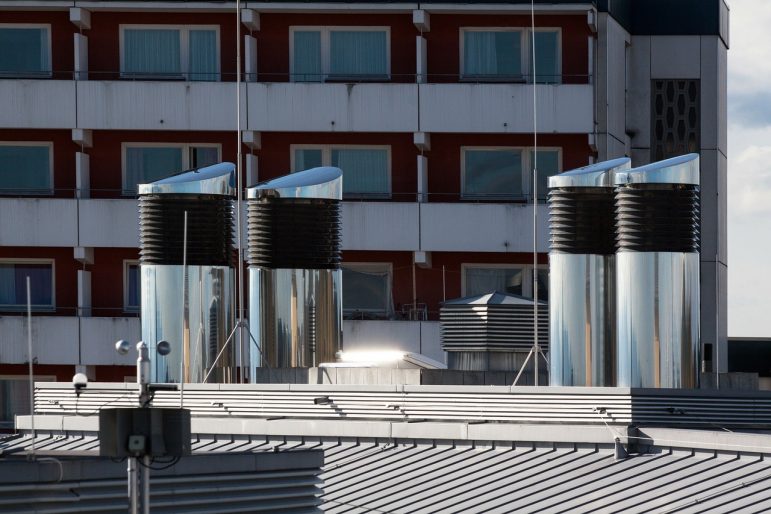A new survey of U.S. and Canadian workers has revealed that a majority would take a lower-paying job if it ensured good air quality, greater hygiene, and health-conscious colleagues.
The survey was commissioned by Ambius, the global leader in creating smarter, healthier spaces through hygiene, plants and scenting services. It found that 60 per cent of workers would take a lower-paid job if it had a healthier working environment than their current job, with 35 per cent of those saying they already had found a new job with better hygiene practices.
The survey provides evidence that a shift in the awareness of clean and safe workplaces including air quality will be at the forefront of employee concerns. 70 per cent of those surveyed said they would be more likely to ask future employers about their health and hygiene policies and implementation before accepting future jobs.
“As the COVID-19 pandemic has shifted many of our workplaces to at-home environments, business leaders are trying to figure out how to safely bring back their employees,” said John Myers, President and CEO of Rentokil, parent company of Ambius. “Based on our study, research shows that when workers return to their workplaces, their expectations and priorities have changed. A clean, hygienic and well-ventilated space with efficient air circulation and strategically-place hygiene stations are central to the idea of a safe workplace and will be expected by employees as they return to work. Physical health is important, but these measures also contribute to the mental health and overall well-being of employees.”
The survey of 3,000 people featured employees working in a range of environments, including factory and warehouse floors, hospitals, restaurants, schools and general offices about their most important features of future workplaces. Clean, pure, and healthy air (62 per cent), efficient air circulation (54 per cent), regular disinfecting (52 per cent) and natural lighting (50 per cent) were some of the most popular responses to what these top features are.
Stale and stuffy working rooms (47 per cent), unpleasant odours (42 per cent), and poor ventilation (42 per cent) were all selected as factors that would create a stressful and anxious workplace environment.
Using plants and greenery in workplaces to mark social distancing partitions rather than sterile boards and markings would create a better working environment in general (65 per cent) and improve mental health and wellbeing in the workplace (55 per cent).
With the pandemic causing concerns for the future of workplaces across the world, the research suggests making strong steps to improve certain aspects in the environment, such as air quality, would go a long way in keeping them safe, happy and secure in the future, post-pandemic world.









